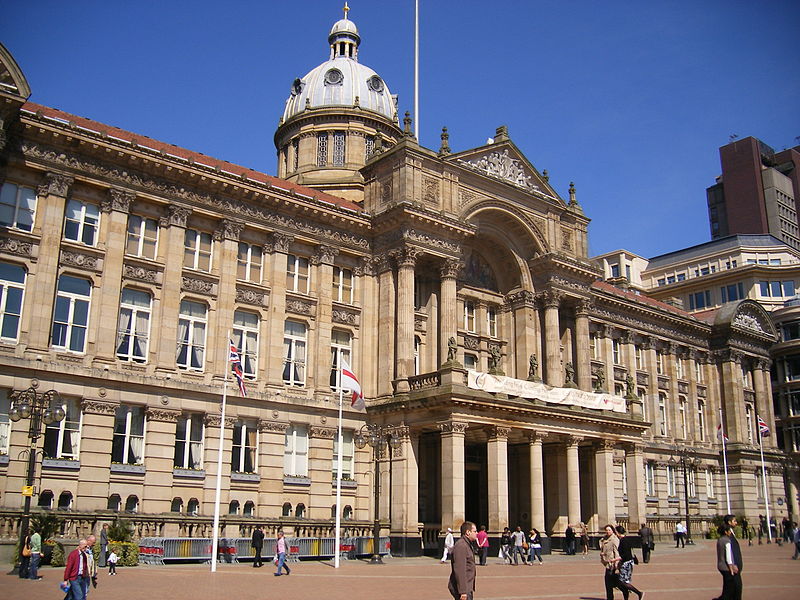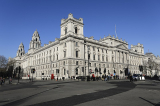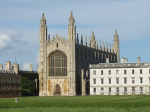
A former advisor to Birmingham City Council, Max Caller, has expressed regret over the decision to host the Commonwealth Games, citing the city's ongoing financial difficulties. Caller argued
that last summer's event placed an undue burden on a council grappling with a host of problems.
The council is facing severe financial constraints, with an outstanding £760 million bill for settling equal pay claims. In response to the dire financial situation, the authority has initiated a halt on non-essential spending.
Tuesday's announcement effectively declared the council bankrupt, creating a £87 million budget shortfall for the current year. Additionally, addressing issues stemming from a faulty IT system could potentially require an expenditure of up to £100 million.
Max Caller, who previously served as a non-executive director of the council and was appointed in 2019 to assist with financial challenges, highlighted that the Commonwealth Games diverted the council's focus from addressing historical problems.
He argued that struggling councils need to prioritize improvement over new initiatives, stating, "The problem with councils that are in trouble is they just need to focus on getting better, rather than trying to do nice new things. There is a limit to the amount of political and managerial capacity, and if you're spending time doing Commonwealth Games, you cannot cope with the serious problems that you already face."
Caller acknowledged that while the Commonwealth Games had been an "amazing event," it had shifted the council's attention away from "the underlying problems that had been around since before 2015." He emphasized that the council should have concentrated on "doing the basics" before pursuing additional projects, stating, "You can't do nice things if you haven't done the boring really well."
As the city grapples with its financial crisis, concerns are arising about the potential impact on public services, including road maintenance, libraries, and cultural initiatives. Council leader John Cotton assured that statutory services such as social care, waste collections, and support for vulnerable individuals would be maintained. However, the viability of large-scale events, such as the German Christmas Market, and funding for the 2026 European Athletics Championships at Alexander Stadium now face uncertainty.
John Kent, leader of the Labour group on Thurrock Council, which declared bankruptcy in December, cautioned that Birmingham residents could expect noticeable changes in the city. He cited experiences in Thurrock, including dirtier streets, reduced grass cutting frequency, threats to the local theater, and the cancellation of subsidized bus routes. Kent also warned of potential council tax increases.
The government revealed its engagement with the Labour-run council in recent months, expressing "serious concern" over governance issues and equal pay liabilities. They requested written assurances regarding decisions related to equal pay issues being in the best interest of taxpayers.
With over 10,000 council employees recently asked if they wished to participate in a voluntary severance scheme to address the escalating equal pay claim, unions like Unite and GMB expressed their concerns and sought urgent meetings with council leaders to protect workers from the consequences of financial mismanagement.
The council's declaration of a Section 114 notice signifies an inability to balance the budget and a halt to new spending commitments. However, statutory services, including education, safeguarding, social care, waste collection, planning, housing, road maintenance, and library services, will be preserved.
Councillor Meirion Jenkins, shadow Conservative cabinet member for finances, criticized the council for financial mismanagement and lack of attention to detail, expressing concern over the impending cuts to non-statutory services that citizens expect the council to provide. Photo by Elliott Brown from Birmingham, United Kingdom, Wikimedia commons.



































